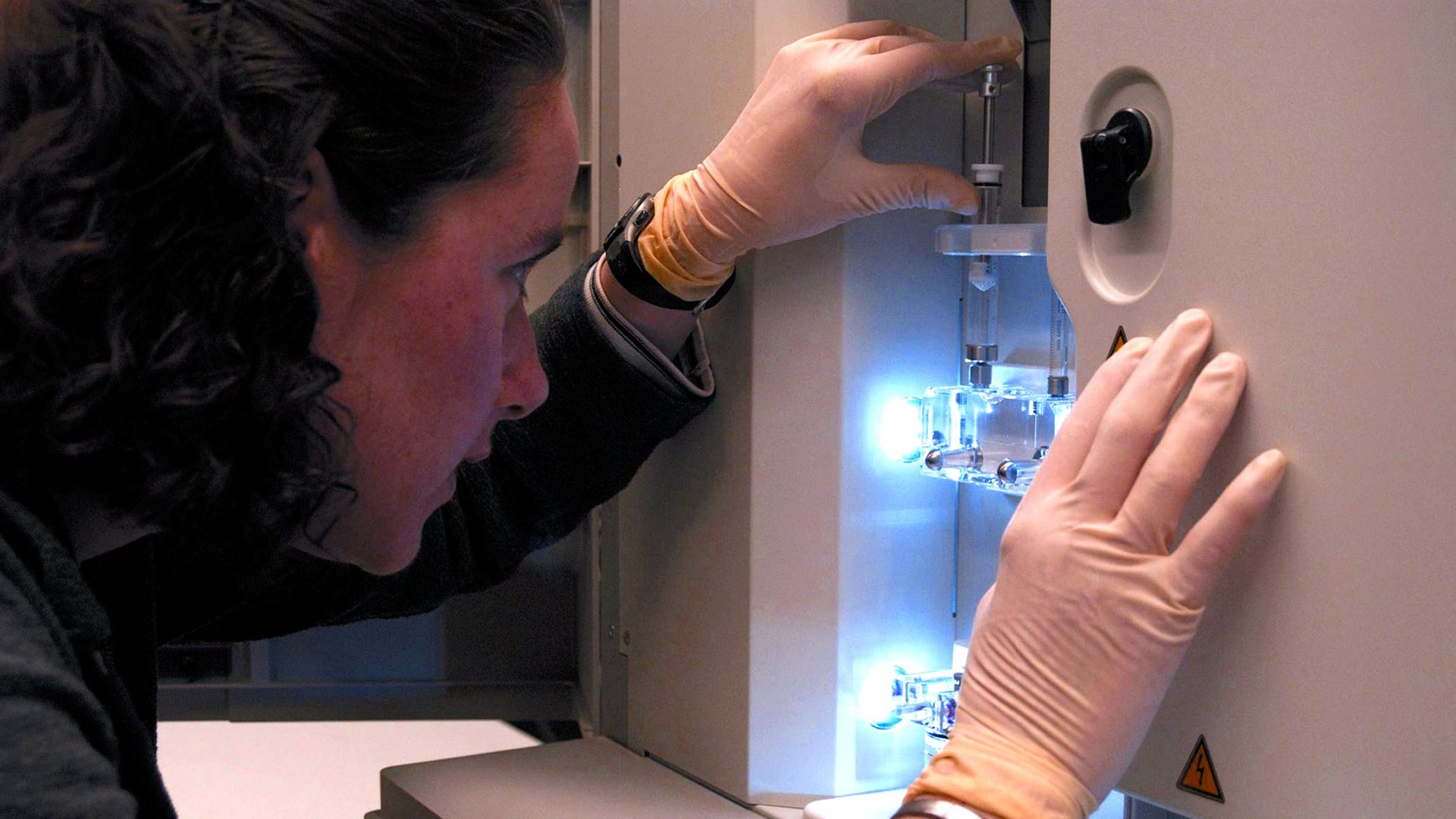23andMe halts health testing until it meets public standards
23andMe, the genetic testing company reprimanded by US health regulators for ignoring them and failing to provide evidence that their service was effective, has announced it will stop offering tests for genetically-linked conditions like heart disease and breast cancer until it gains their approval.


23andMe, the genetic testing company reprimanded by US health regulators for ignoring them and failing to provide evidence that their service was effective, has announced it will stop offering tests for genetically-linked conditions like heart disease and breast cancer until it gains their approval.
The move is no surprise: The Food and Drug Administration (FDA) issued its order on Nov. 22, and had the company ignored the regulator it would have faced seizure of its assets, court-orders forbidding its business and significant fines.
23andMe offered customers who used their kits to collect a saliva sample the chance to learn about both their ancestry and whether they were at risk for diseases correlated to certain genetic factors. The latter service crossed into the FDA’s jurisdiction, which warned 23andMe that advertising a service to determine a customer’s odds of contracting a specific disease without clinical evidence violated public statutes. Critics of the decision noted that most people immediately took the results to their doctors, leading to little chance of misdiagnosis by the product alone.
The company can continue offering its ancestry survey, and collecting data for the one-million-person genetic database it hopes to establish. For the company’s investors, which include Google and Russian billionaire Yuri Milner, the real prospect of profit is the research that could be performed with that massive genetic database. The medical information it offered, ostensibly for educational use, was simply a way to attract more users.
This isn’t the first time that questions have been raised about personal genetic testing: A blind test run by the Government Accountability Office in 2010 found a variety of misleading results and concluded they had little value. The way forward for companies that want to offer this service will be evidence-based, and 23andMe is working to convince the FDA that they can effectively provide medical information. The company’s new effort to reconcile with the FDA will give future personal genetic companies clear guidance about exactly what they can claim to do and how they can prove it.
Ultimately, the regulatory clash could prove a catalyst for personal genetics by creating a legal and medical framework for effective use going forward.